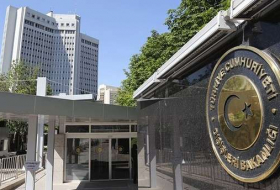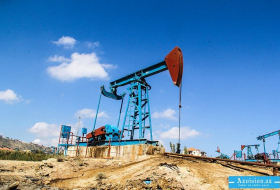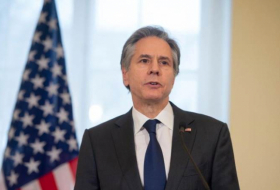The government has justified plans to grow the country’s aviation sector by promising a future of carbon-neutral air travel ushered in by rapid technological advances.
But a new report suggests these claims have been overhyped, with even the best-case electrification scenario resulting in emissions cuts of just 13 per cent over the next few decades.
By 2050, aviation is likely to make up a quarter of Britain’s greenhouse gases as demand increases and other sectors move away from fossil fuels.
Companies both in the UK and abroad have made the first tantalising stepstowards electric air travel, but technical challenges and the sluggish rate of industry change mean progress is slow.
Ministers have come under fire for exaggerating the power of innovation to make up for airport expansion, especially to validate the third runway at Heathrow.
Government advisers at the Committee on Climate Change have warned the controversial development will destroy any hope of the UK hitting its climate targets.
Responding to this criticism ahead of the deciding vote on Heathrow expansion, transport secretary Chris Grayling said he was confident technological advances would soon make low-carbon air travel a reality.
“I think technology, over the next 20 or 30 years, is going to make a big difference in aviation,” he said, pointing to predicted reductions in fuel consumption, emissions and noise.
This was echoed in an aviation strategy green paper published on Monday that welcomed electrification as a “significant opportunity for aviation to decarbonise”, while also noting the slow progress in developing plane batteries.
However, despite this optimism the new report by campaign group Fellow Travellers concluded there is no realistic prospect of these planes making a significant dent in emissions within a meaningful timescale to avert “catastrophic temperature rises”.
“Everybody loves the idea of an electric plane, especially as concern grows about the impacts of climate change. But this research should really sober techno-optimists up,” said report co-author Leo Murray.
“With the best will in the world, electric flight is only going to be able to shave a few per cent off emissions from air travel between now and 2050, when we need to be living in a zero-carbon global economy.”
To maximise emissions cuts using electric planes, the authors recommended regulation and major market intervention to accelerate their development, but said even this would only yield limited benefits for short-haul flights.
Doug Parr, chief scientist for Greenpeace UK, agreed that while “innovation is always welcome to help tackle climate change ... The reality is that these aviation technologies aren’t commercially here yet”.
“In the meantime our government is expanding our polluting aviation industry, which flies in the face of our commitment under the Paris agreement to cut carbon emissions and limit global warming to 1.5C.”
Campaigners expressed dismay upon the release of the government’s latest strategy, fearing the new Heathrow runway would soon be followed by another additional UK runway to accommodate the doubling in passenger numbers over the next 20 years.
Fellow Travellers said other measures would be needed to slash the nation’s growing aviation carbon footprint, including a tax paid by the most frequent flyers in an effort to reduce demand.
Polling conducted by YouGov for climate change organisation 10:10 found the majority of British people – 56 per cent – would support such a levy to replace the air passenger duty currently paid by everyone
The same survey also found that only 28 per cent of people thought the government was taking sufficient action to prevent air travel damage.
The Independent
More about: CO2
















































